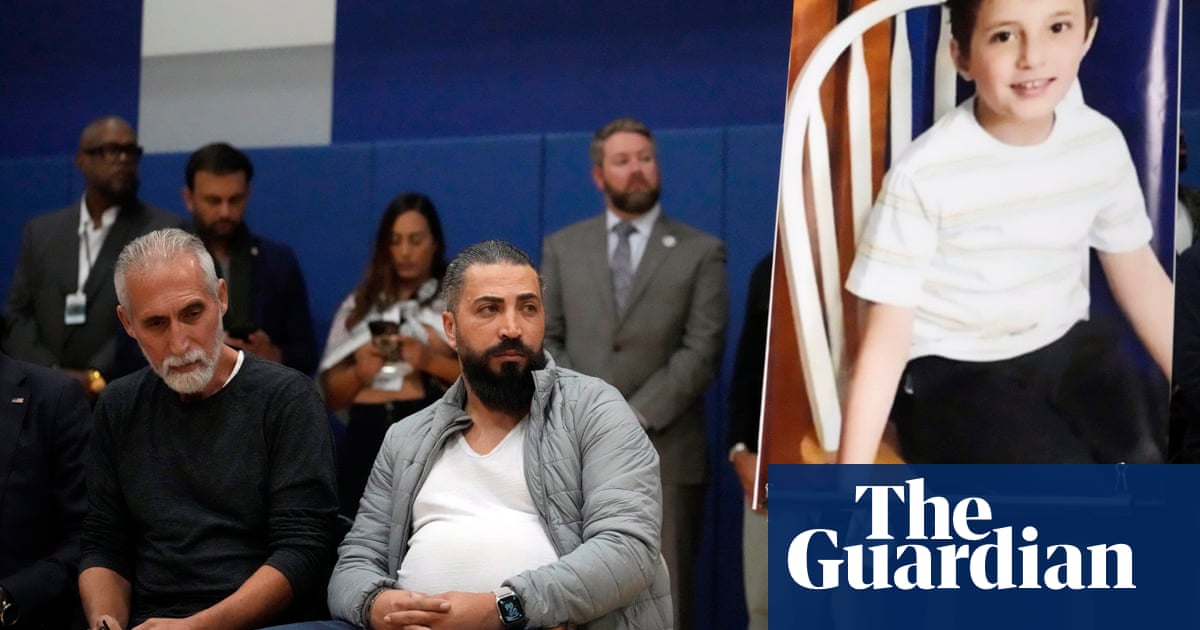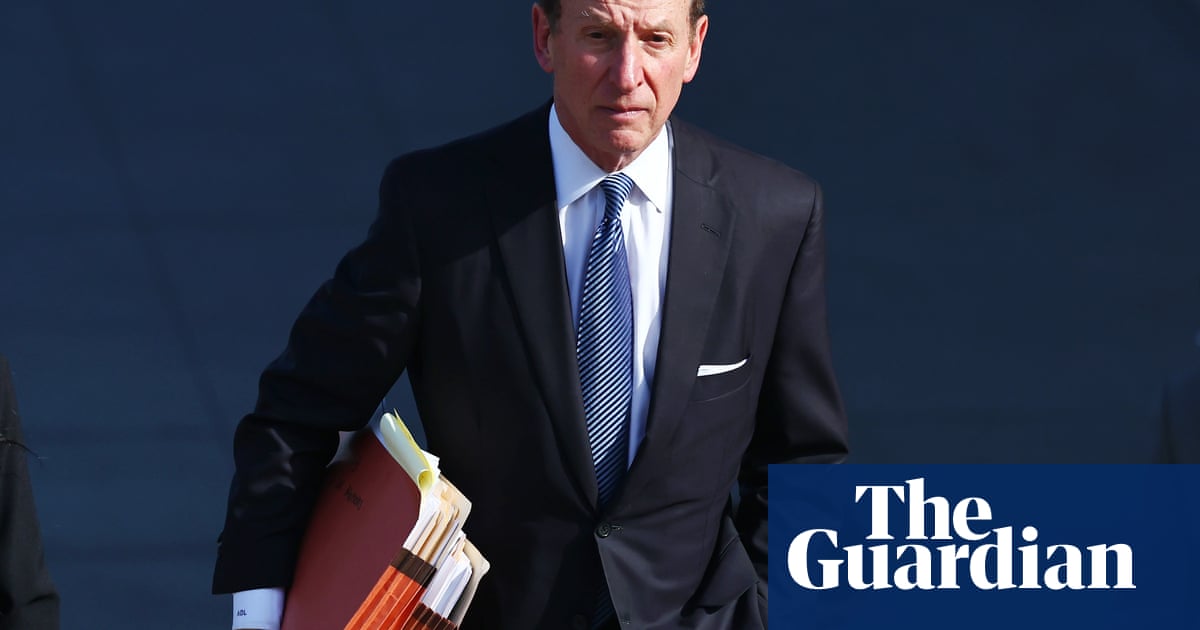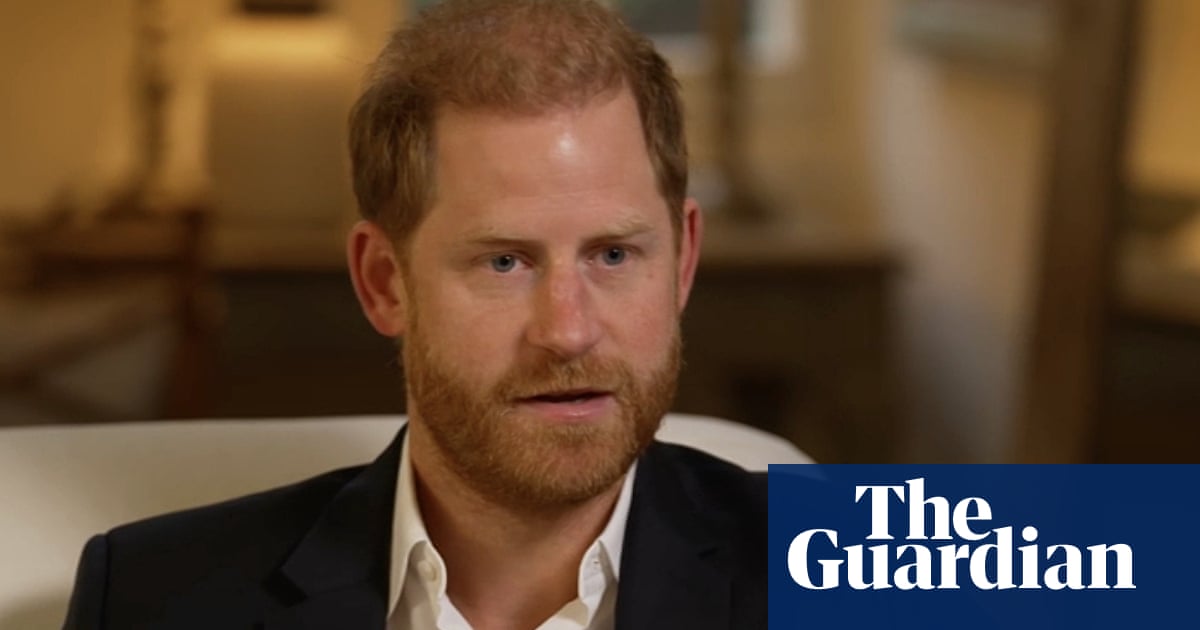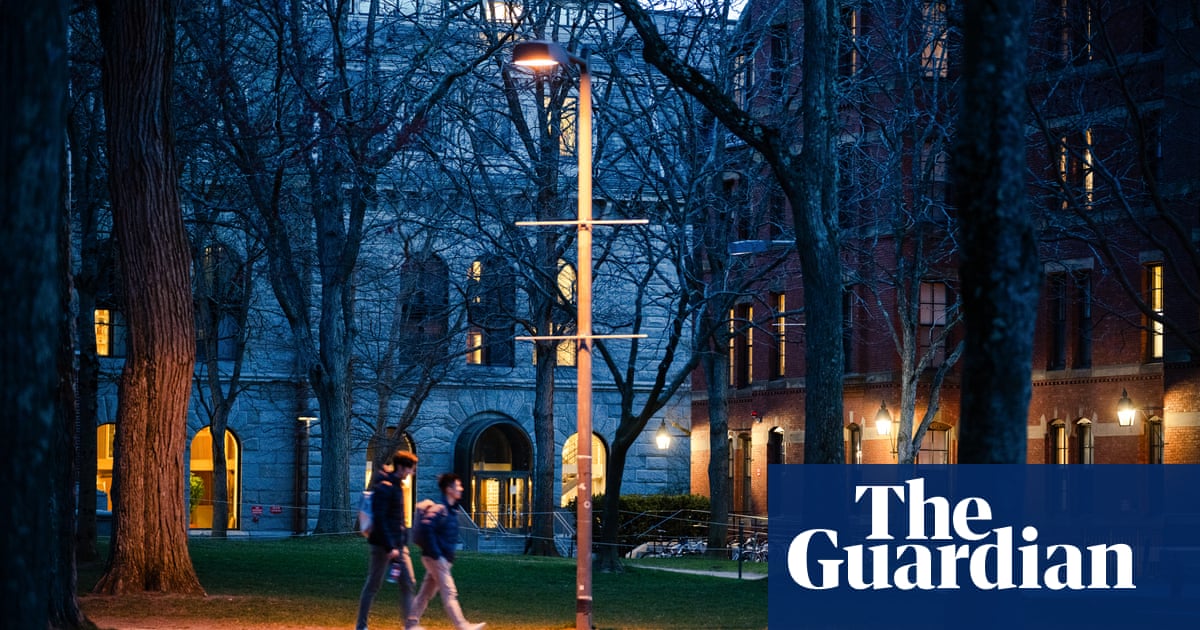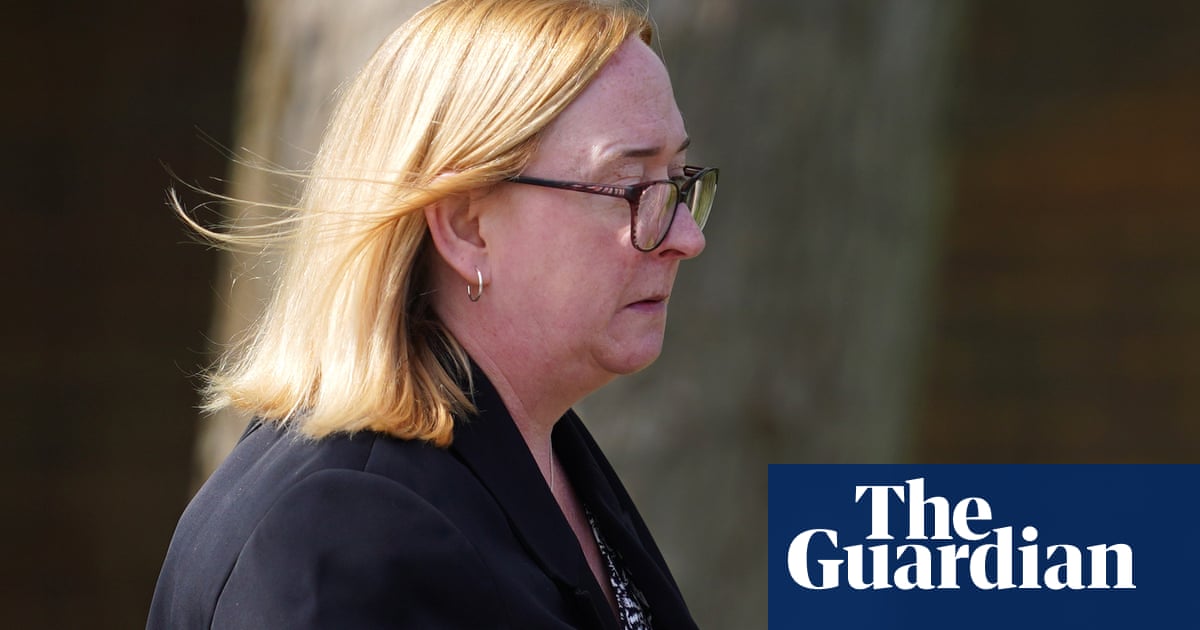Fourteen national LGBTQ+ charities have written to Keir Starmer seeking an urgent meeting to discuss what they describe as “a genuine crisis for the rights, dignity and inclusion of trans people in the UK” after the supreme court’s ruling on biological sex.
The UK supreme court ruled last month that the terms “woman” and “sex” in the Equality Act 2010 referred only to “a biological woman” and to “biological sex”, with subsequent advice from the equality watchdog amounting to a blanket ban on trans people using toilets and other services of the gender they identify as.
after newsletter promotion
The letter to the prime minister, signed by the leaders of Stonewall, Scottish Trans, the LGBT Consortium, TransActual and others, said the judgment had created “confusion and a significant lack of clarity about what this means for businesses, services and civil society and most importantly the impact on trans people”.
The text, seen by the Guardian, suggests the judgment turns previous understanding of the Equality Act “completely on its head”, creating “a legal framework that simply cannot uphold the dignity, protection and respect of trans people”.
It is particularly critical of the interim update issued by the Equalities and Human Rights Commission (EHRC) last Friday, which said transgender people “should not be permitted” to use facilities of the gender they identify with. The letter suggests this amounts to “significant overreach” that is inconsistent with the UK’s obligations under the Human Rights Act and the European convention on human rights.
But the chair of the EHRC, Kishwer Falkner, hit back at critics in an opinion piece in the House magazine, saying “it is unacceptable to question the integrity of the judiciary, or indeed the regulator, as some have done”.
Acknowledging that “the public discourse on this topic continues to be polarised”, Lady Falkner called on “every legislator to read the judgment in full”, saying she regretted “any uncertainty among duty bearers and the public that has been fuelled by misunderstanding and distortion, particularly across social media”.
Praising the judgment as “a model of clarity”, she underlined that “the law it sets out is effective immediately. Those with duties under the Equality Act should be following it and taking specialist legal advice where necessary”.
Falkner also dismissed claims that trans people were not being listened to as “simply incorrect”, pointing to the commission’s plans to open a two-week public consultation in May to understand how the practical implications of the judgment can be reflected in an updated code of practice.
The nonprofit legal organisation Good Law Project (GLP), which has raised more than £284,000 to challenge the supreme court’s judgment, said it was working on about 20 related legal initiatives, including one case already before the courts. In an update to donors, GLP added it had instructed an expert team to produce legal advice on what the court’s decision meant and would produce guidance for the trans community on what to do if they are challenged for using the spaces that align with their gender.

 13 hours ago
13
13 hours ago
13
